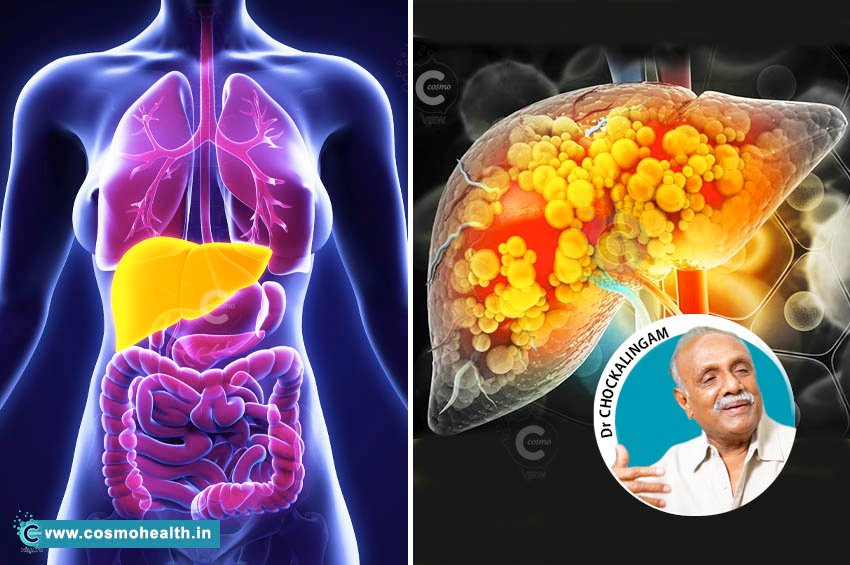Heart disease is often thought of as a condition primarily affecting men, but recent statistics reveal a worrying trend: women are increasingly at risk. This article explores the reasons behind this alarming reality, the unique factors influencing heart health in women, and practical steps to mitigate these risks.
Despite common misconceptions, heart disease is the leading cause of death among women. Research indicates that approximately 1 in 3 women will experience some form of heart disease during their lifetime. This stark fact illustrates the critical need for awareness and proactive measures aimed at women's heart health.
Key Factors Contributing to Increased Risk
Several factors contribute to the increased risk of heart disease in women, including:
- Hormonal Changes: Women experience significant hormonal fluctuations throughout their lives, particularly during menopause. The decrease in estrogen production has been linked to an increased risk of cardiovascular disease, as estrogen is believed to have a protective effect on the heart.
- Chronic Conditions: Various chronic health problems common in women, such as autoimmune diseases and polycystic ovarian syndrome (PCOS), can also elevate heart disease risk. Autoimmune disorders can lead to inflammation, which might affect heart health adversely.
- Life Events: Events such as pregnancy can enhance risk factors, including gestational diabetes and preeclampsia, which can precede cardiovascular issues later in life.
- Mental Health: Conditions like depression and anxiety, which are more prevalent among women, may also elevate heart disease risk. Mental wellness directly affects physical health, including cardiovascular health.
- Risk Behaviors: While both genders engage in similar risk behaviors such as smoking and poor diet, women often experience these issues differently. For example, stress eating or emotional eating may be more prevalent among women, leading to unhealthy dietary choices that increase heart risk.
Importance of Awareness and Early Detection
Understanding heart disease risk factors in women is essential for early detection and effective management. Here are some steps for women to take:
- Regular Check-Ups: Routine health screenings can catch warning signs early. Regular blood pressure checks, cholesterol screenings, and diabetes assessments are vital.
- Know the Symptoms: Women may experience different symptoms of heart disease compared to men. While chest pain is common, women may also experience:
- Fatigue
- Shortness of breath
- Nausea or lightheadedness
- Indigestion or heartburn Recognizing these symptoms is critical to seeking prompt medical attention.
- Lifestyle Changes: Adopting a heart-healthy lifestyle can significantly reduce risks. Key lifestyle adjustments include:
- Nutrition: Emphasizing fruits, vegetables, whole grains, lean proteins, and healthy fats while minimizing processed foods and sugars can profoundly impact heart health. Consider incorporating nuts, which are known to have zero cholesterol and beneficial fats, into your diet.
- Physical Activity: Regular exercise—ideally, 150 minutes of moderate aerobic activity weekly—can improve cardiovascular health and reduce stress.
- Stress Management: Techniques such as mindfulness, yoga, or meditation can help manage stress levels, improving mental and emotional health which indirectly supports heart health.
- Community and Support: Engaging with healthcare providers or support groups focused on women's heart health can provide vital resources and encouragement.
Seeking Guidance from Healthcare Professionals
It's essential for women to consult with healthcare professionals who understand the unique aspects of women’s health. Cardiologists and general practitioners can provide tailored advice, ensuring that women receive appropriate care and resources for their heart health.
Educational Resources
Apart from regular check-ups, women should seek information on heart health to better understand preventive measures. Online educational platforms, articles, and local health programs can provide valuable insights. Organizations focusing on heart health often offer free resources to promote awareness.
Conclusion: Empowerment Through Knowledge
Understanding the intricacies of heart health in women is empowering. By recognizing risk factors, implementing healthy lifestyle changes, and prioritizing regular check-ups, women can significantly decrease their chances of developing heart disease. The journey starts with awareness and action; taking charge of heart health not only benefits individual well-being but also promotes a community of informed and health-conscious women.
Take charge of your heart health today! Share this knowledge with the women in your life and empower them to prioritize their cardiovascular health.




